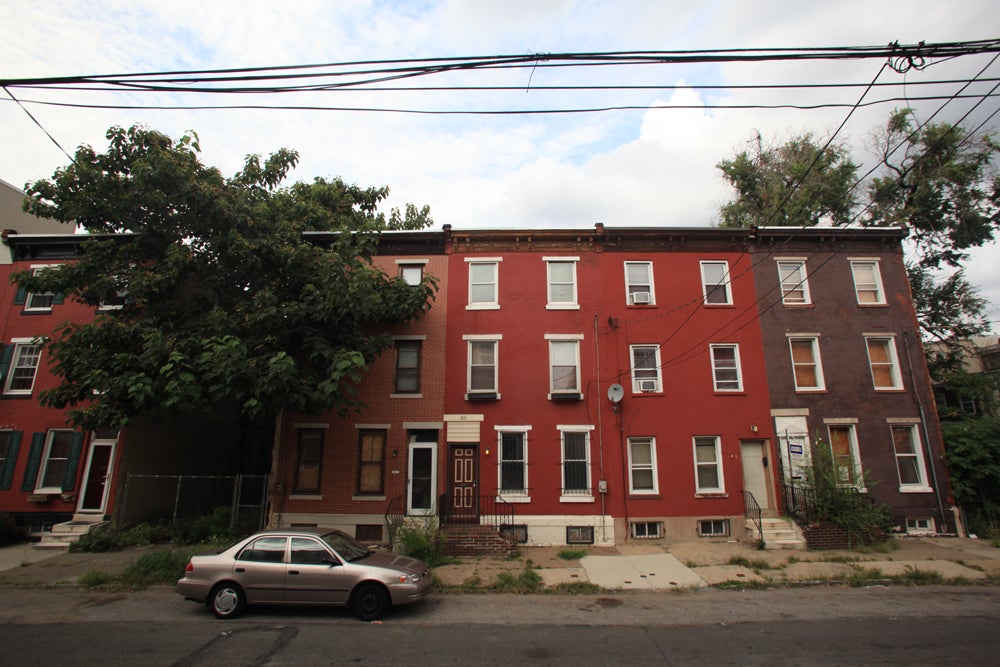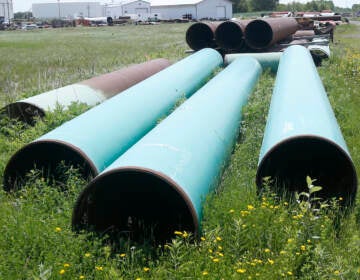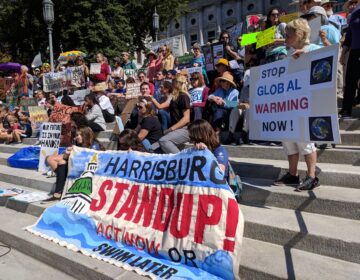Six policies that help Philadelphians stay in their homes

Last week, a group of nonprofit and religious organizations announced it was forming a coalition to fight for local policies that prevent longtime residents of gentrifying neighborhoods from being pushed out because of rising housing costs. The campaign is called “Development Without Displacement,” a reference to the perennial concern in communities across the country that new development will remake neighborhoods to the sole benefit of people who don’t yet live in them. A major goal of the group is securing financing for new affordable housing.
In Philadelphia, there have been no comprehensive studies of gentrification’s impacts, and it’s not clear to what degree residents get pushed out of their communities because of rising home prices.
Nonetheless, the city has put a handful of policies in place that are meant to help homeowners stay where they are for as long as they want. Useful as they may be to people whose neighborhoods are increasing in value, though, some of these programs were designed to help ease spiking tax burdens caused not by gentrification but by belated reassessment of property values.
1. Longtime Owner-Occupants Program – Recently, City Council enacted a policy known as the Longtime Owner-Occupant Program (LOOP), which creates a tax exemption for homeowners whose properties increase in assessed value by 300 percent or more in the course of one tax year. Essentially, the LOOP program caps the property tax bills of participants at three times the previous year’s bill. So if your house was assessed at $100,000 in 2012 and rose to $350,000 in 2013, opting into LOOP would allow you to pay taxes on just $300,000 worth of value.
It is only open to people who’ve owned and lived in their homes for ten years or more, and to households with a yearly income that’s equal to or less than 150 percent of Area Median Income. Read more and apply here.
2. Low-Income Senior Citizen Tax Freeze – This program freezes property tax bills for homeowners aged 65 or older, and for widows aged 50 or older whose deceased spouses were 65 or older. Once an individual is approved for the program, the tax bill won’t increase even if the tax rate rises or the property is reassessed at a higher value. To qualify for the program, individuals may not make more than $23,500 in a year, and married couples may not earn more than $31,500. Apply here. (Low-income senior citizens are also eligible for a discount on their water bills).
3. Hardship Payment Plans – The city also offers property tax payment plans for both current year taxes and delinquent taxes. The current-year payment plan program allows homeowner-occupants to spread out their tax liability across 12 monthly payments rather than paying in a lump sum. Payment plans are available to individuals earning less than $27,757 per year or families of four earning less than $39,600. Apply for a payment plan here.
Payment plans are also available to tax-delinquent homeowner-occupants on a tiered basis. The payment plans are structured so that individuals earning different tiers of incomes can pay either 5 percent, 8 percent, or 10 percent toward the delinquent tax bill. Upon completing the plan, some or all of the interest and penalties that have accrued on the overdue bill will be waived. Participants must keep up on their current-year taxes to remain in the plans.
Read more and apply for a delinquent-tax payment plan here.
4. Real Estate Tax Deferral – Homeowner-occupants can qualify for a deferral of any property tax increase of 15 percent or more if the increase constitutes a hardship. The deferral allows the owner to put off paying the amount of tax owed above the 15 percent increase until they sell the property. The deferred liability becomes a lien placed on the house, and it is subject to a 2 percent annual interest rate. Again the program employs a tiered system. To qualify for a deferral, you must meet certain income requirements, and the increased tax liability must represent a certain portion of your annual income. Read more details here.
5. Homestead Exemption – The homestead exemption is currently available to all homeowner-occupants in Philadelphia. It is a by-right program that reduces the taxable value of a qualified property by $30,000. Only homeowners who already take advantage of the ten-year tax abatement don’t qualify. The deadline to apply for a homestead exemption for 2015 is this Saturday, September 13. Get more information and apply here.
6. Property Tax/Rent Rebate Program – This is a state-run program that offers tax and rent relief to senior citizens 65 and older, widows and widowers 50 and older, and people with disabilities over age 18. Homeowners who earn $35,000 a year or less can qualify, and the maximum property-tax rebate is $650 a year. Renters who earn $15,000 a year or less can receive a rebate of $500 a year, and those who earn less than $8,000 a year can receive up to $650. The program is funded by the Pennsylvania Lottery and by casino slots revenue. Get more information here.
WHYY is your source for fact-based, in-depth journalism and information. As a nonprofit organization, we rely on financial support from readers like you. Please give today.





